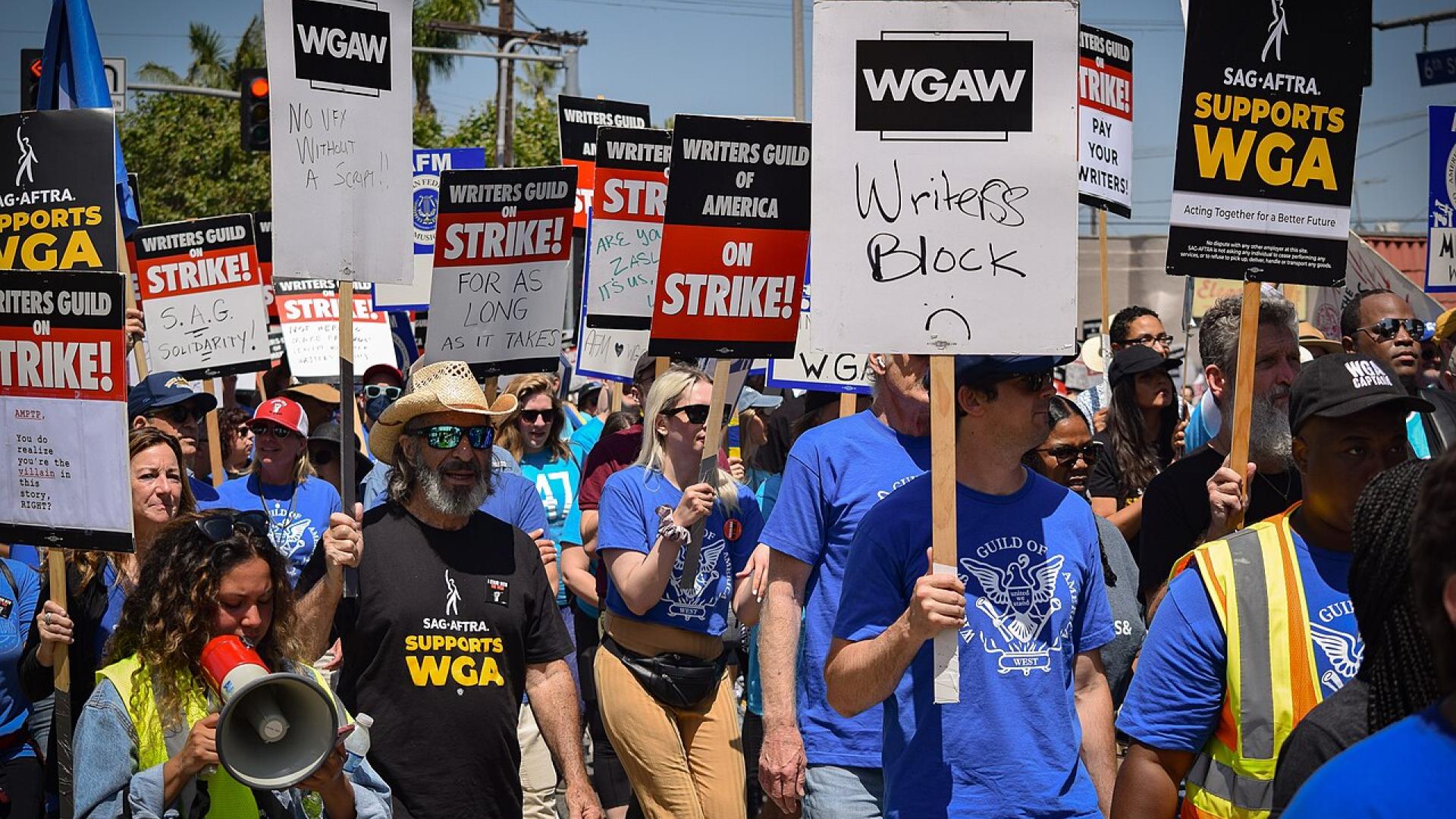In the marbled halls where AI's governance is debated, the conversation has traditionally been dominated by technological magnates and global bureaucrats, each vying to steer the course. Yet, the intricate dance of modern technology often escapes even the sharpest of regulatory quills. It's in this milieu that the Writers Guild of America, the sentinel of Hollywood's script maestros, has emerged with an unexpected overture.
Beyond the conventional realms of remuneration, they’ve ushered in a precedent on AI's role in the world of entertainment.
The guild's meticulous orchestration stipulates a choice for union writers: to embrace AI in their projects or not. Moreover, transparency is the order of the day, with studios obliged to declare any AI-generated assistance. This is more than a contractual clause; it's a subtle nod to the fact that meaningful AI regulation might best emanate from the grassroots, from those who interface with it daily, rather than the aloof echelons of power.
As Amanda Ballantyne of the AFL-CIO Technology Institute astutely observes, the annals of history are replete with unions harnessing the collective wisdom of their members. Whether it was the Tennessee Valley Authority's electrification in the 1930s or the industrial stratagems of World War II, unions have deftly navigated the intersection of labor and innovation. They've been the unsung custodians of safety, privacy, and rights in the face of technological metamorphosis.
This collaborative ethos isn't novel. Powerhouses like Germany and Japan have long championed symbiotic labor models, driving formidable industry disruptions. With AI's tendrils poised to reshape the professional tapestry, the clarion call is for a more inclusive dialogue. Hollywood's writers might just be the vanguard in this paradigm, emphasizing that when it comes to AI, perhaps the future is best scripted from the ground up.
